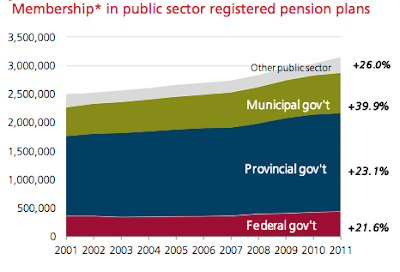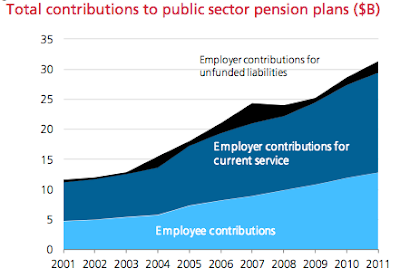southstand1882
Mitchell Thomas
Simple. After the World War, Britain voted to change society as a whole. Churchill was thrown out of office after leading the Empire to her finest victory. It did not come without cost, that victory; Britain was tired, broke and in ruins. But the soldiers returning home did not want society to go back to the way it was; they did not want to be left begging on the streets, as their fathers had after the First World War. And the British public didn't want that either.
So they voted for Labour. They voted to banish the five giant evils of society. Squalor, ignorance, want, idleness, disease. They voted for the NHS, they voted for social security, they voted for the Beveridge Report.
And every British citizen since has had the privilege of being able to access these services.
A serviceable debt is good; I agree with you. And that is what every country should aspire to.
But the debt was serviceable, is what I've been trying to point out all this time. It was serviceable, until the bankers had their little cocaine and investment party and forced the government into unsustainable spending. So you shouldn't blame the NHS, or pensions, or the public sector; blame the people who caused this mess. The bankers.
Good post, then you ruin it at the end.
Government spending is out of control and has been for too long.
It has simply been hidden by easy access to debt.
If I get tinkled tonight and drive my car and kill somebody.
Who would you put in jail? Me, or my pub landlord.
It really is as simple as that.
Governments OVERSPEND and BORROW too much.
Banks help them get tinkled, but they don't force borrowing.


